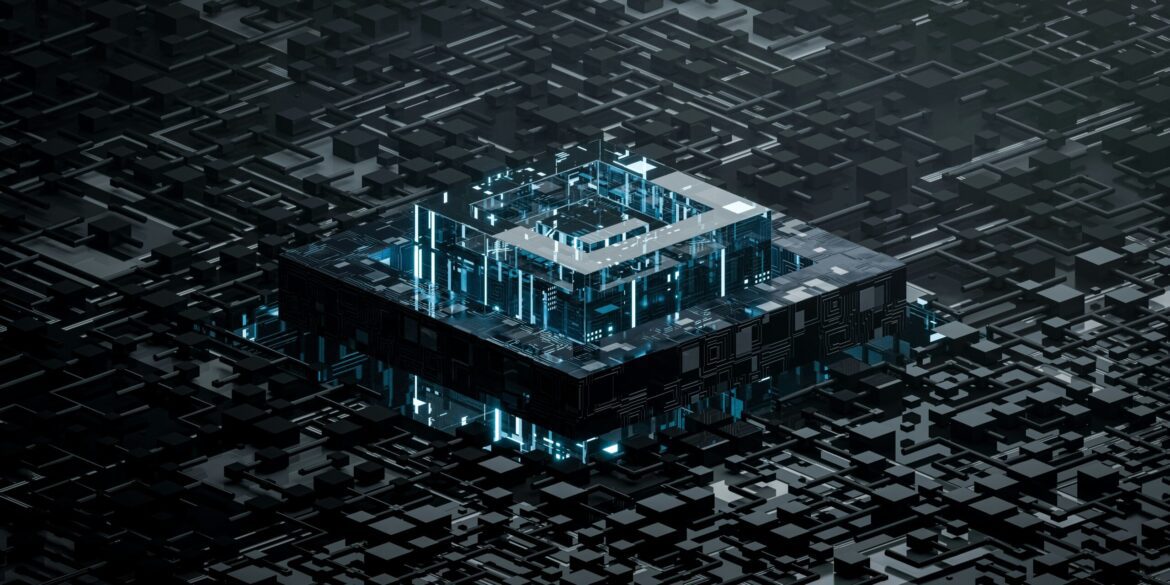As of August 2025, artificial intelligence (AI) and machine learning (ML) are revolutionizing the way property management is carried out. These cutting-edge technologies are automating several critical tasks such as tenant screening, predictive maintenance, energy management, and communication between tenants and property managers. By incorporating AI and ML into property management systems, property managers can improve efficiency, reduce costs, and elevate tenant satisfaction.
One of the most impactful areas of transformation is in tenant screening. Traditionally, property managers would rely on manual processes to assess potential tenants, considering factors like credit scores, rental history, and personal references. However, AI-driven algorithms now process vast amounts of data to provide more accurate predictions about a tenant’s reliability and likelihood to pay rent on time. These tools analyze a wide variety of data, including social media activity, online behaviors, and previous rental agreements, allowing property managers to make smarter, data-driven decisions. With AI streamlining this process, property managers can reduce the risk of choosing unreliable tenants and speed up the leasing process, ultimately improving their occupancy rates.
Read Also: https://toplistings.com/ai-and-smart-automation-transform-property-management/
In another significant shift, AI and ML are enhancing maintenance operations. Property managers no longer need to wait for tenants to report issues with equipment or systems like HVAC, plumbing, or elevators. Instead, predictive maintenance powered by AI anticipates when something is likely to break down based on historical data, patterns, and sensor inputs. For instance, smart thermostats or appliance sensors can notify property managers about performance issues before they lead to system failure. By fixing problems before they escalate, property managers not only reduce the cost of emergency repairs but also enhance the tenant experience by ensuring that living conditions are always optimal.
Energy management is another area where AI and ML are making a profound impact. Managing energy consumption in commercial and residential properties has traditionally been a manual, often inefficient process. Now, AI-powered systems are able to learn from patterns in energy use and adjust heating, cooling, and lighting based on real-time occupancy data. This creates a more sustainable and cost-effective environment while reducing the carbon footprint of buildings. For property managers, this means lower utility bills and a smaller environmental impact, which is increasingly important to tenants and investors alike.
AI-driven chatbots and virtual assistants are also revolutionizing communication in property management. In the past, tenants would often have to wait for office hours or deal with long phone queues to have their questions answered or issues resolved. Today, AI-powered chatbots provide 24/7 support, answering queries about everything from maintenance requests to rent payment reminders. This not only speeds up response times but also reduces the workload for property management teams, allowing them to focus on higher-priority tasks. Tenants appreciate the immediacy of these AI systems, leading to higher satisfaction and increased retention rates.
Furthermore, the integration of AI and ML into property management systems provides valuable data insights that enable property managers to make better decisions across all areas of their operations. By analyzing a range of data sources, including tenant behavior, property market trends, and financial performance, property managers can set more competitive rental rates, identify potential risks, and create strategies for tenant retention. The predictive capabilities of AI help property managers anticipate future trends, ensuring they stay ahead of market changes and meet the needs of their tenants.
As the real estate market becomes increasingly competitive and technology-driven, embracing AI and ML is no longer optional for property managers; it is becoming a necessity. These technologies are not just streamlining operations but also transforming the entire approach to property management. Property managers who leverage AI and ML effectively can differentiate themselves in a crowded market, reduce operational costs, enhance tenant experiences, and ultimately achieve better financial performance.
In conclusion, AI and machine learning are more than just buzzwords in the property management industry—they are integral tools for the future of real estate. With the potential to optimize every aspect of property management, these technologies offer unparalleled opportunities for growth and innovation. As AI and ML continue to evolve, property managers who stay ahead of these advancements will be better positioned to succeed in a rapidly changing market.

